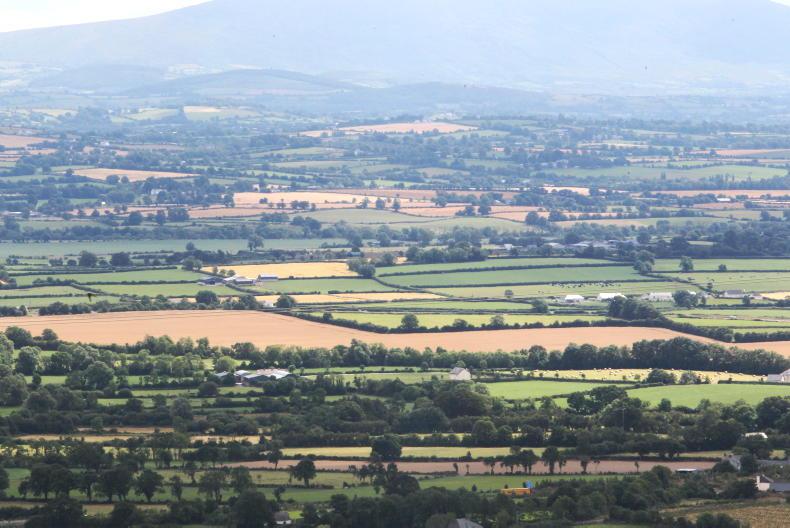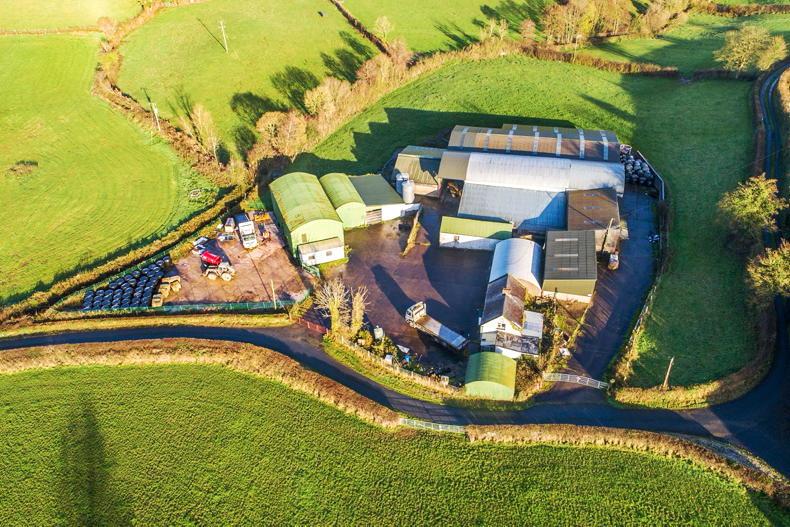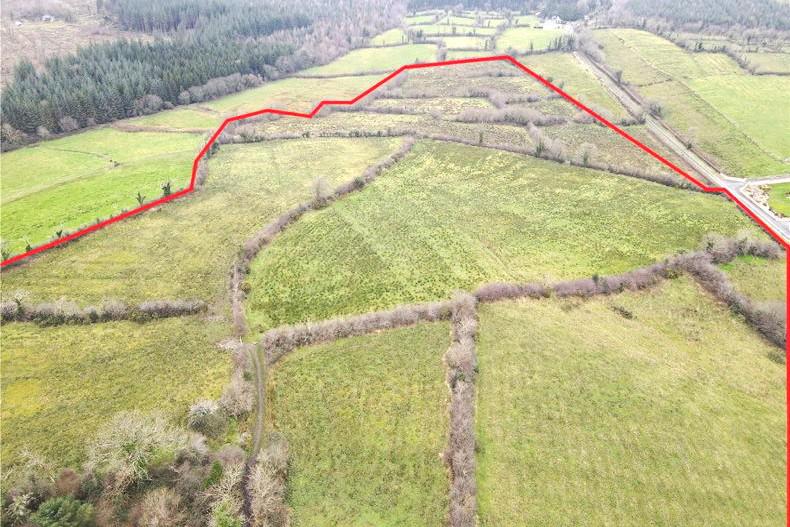Question: We have a dairy farm at home and I’ve been farming with my parents since they transferred the land to me a few years ago.
It’s all going well, but myself and my boyfriend are planning to move to Australia for a couple of years, from early next year. As the farm is in my name, I’m wondering what happens while I’m gone?
Do I still have to file an income return even though I won’t be here? And is there anything else I should be aware of before I go?
I’ll be coming back to the farm, but I’m young and just want to travel for a while before fully settling down.
Answer: You’re at an exciting time of life, but this is a responsible question to ask. While you’re away, your Irish farming activities and tax obligations will indeed remain relevant, especially if you want to maintain any tax reliefs you’ve already claimed. Let’s tease it all out so you know where you stand.
Income tax obligations in Ireland: Residency Status and Irish-Sourced Incomed – if you’re non-resident for Irish tax purposes while living in Australia (typically by spending fewer than 183 days in Ireland), you’ll still be taxed on Irish-sourced income, like profits from farming or leasing the land. You’ll likely need to continue filing Irish income tax returns to report this income.
Australian tax implications: Australian Tax Residency – once you become a resident of Australia for tax purposes (which generally happens if you stay for 183+ days in a year), you’ll likely be taxed on your worldwide income, including Irish income, under Australian tax law.
Double taxation consideration: Don’t worry, there’s a Double Taxation Agreement (DTA) between Ireland and Australia. This means that income sourced in Ireland will be taxed in Ireland first. Australia will then either exempt this income, or provide a tax credit for the Irish tax paid, ensuring you don’t pay tax on the same income twice. However, you should consult a local tax agent in Australia to confirm how this applies and to understand your obligations.
Agricultural Relief and Business Relief: Agricultural Relief or Business Relief may be providing you with significant reductions on Capital Acquisitions Tax (CAT) by reducing the taxable value of qualifying agricultural and business assets. However, remember both come with strict conditions.
Agricultural Relief requirements: The person receiving the relief must either farm the land themselves or lease it to a qualifying active farmer for at least six years after the transfer.
Business Relief requirements: The land must be used for business purposes (such as farming) for at least six years after receiving the relief.
Clawback considerations: You should be aware of the risk of clawback due to working hour requirements and a key condition for maintaining these reliefs is that you or a qualifying lessee actively farm the land, which typically includes meeting minimum working hour requirements (usually around 20 hours per week) or participating in an approved farming course.
If you move to Australia and are no longer actively engaged in farming, this working hours requirement is unlikely to be met. Leasing the land to a third-party qualifying farmer could preserve the relief, however, it’s important to ensure that the lessee meets all qualifying conditions for it to remain valid.
If no such arrangement is made, both agricultural and business relief could be subject to a clawback, where Revenue could reclaim the tax savings you made under these reliefs.
Stamp Duty implications: If you decide to lease the land while abroad, be aware that the lease may trigger a Stamp Duty liability in Ireland. For non-residential property such as farmland, the stamp duty rate is currently 7.5%.
While leasing to an active farmer will ensure compliance with Agricultural Relief requirements, you’ll have to assess whether the stamp duty cost offsets the benefit of retaining the relief.
Maintaining compliance while abroad: While you’re away, it’s crucial to stay on top of Irish tax filing requirements, ensuring that any income from the land is declared, and meets the terms of any reliefs you’re claiming. It may be worth appointing someone locally to manage this. They’ll help you avoid accidental non-compliance.
Final thoughts: Even though it may appear that you can maintain your reliefs, the working hours requirement will likely result in a clawback unless you lease the land to a qualifying farmer or meet other relief conditions. Additionally, you’ll need to factor in the possible tax treatment in Australia, ensuring compliance in both countries by consulting a local tax agent.
By addressing these issues before you leave, you can avoid clawbacks, minimise taxes in both countries, and protect your financial interests. With that worry off your shoulders, you can relax and enjoy your experience down under.
Marty Murphy is head of tax at ifac, which is the professional services firm for farming, food and agribusinesses.









SHARING OPTIONS